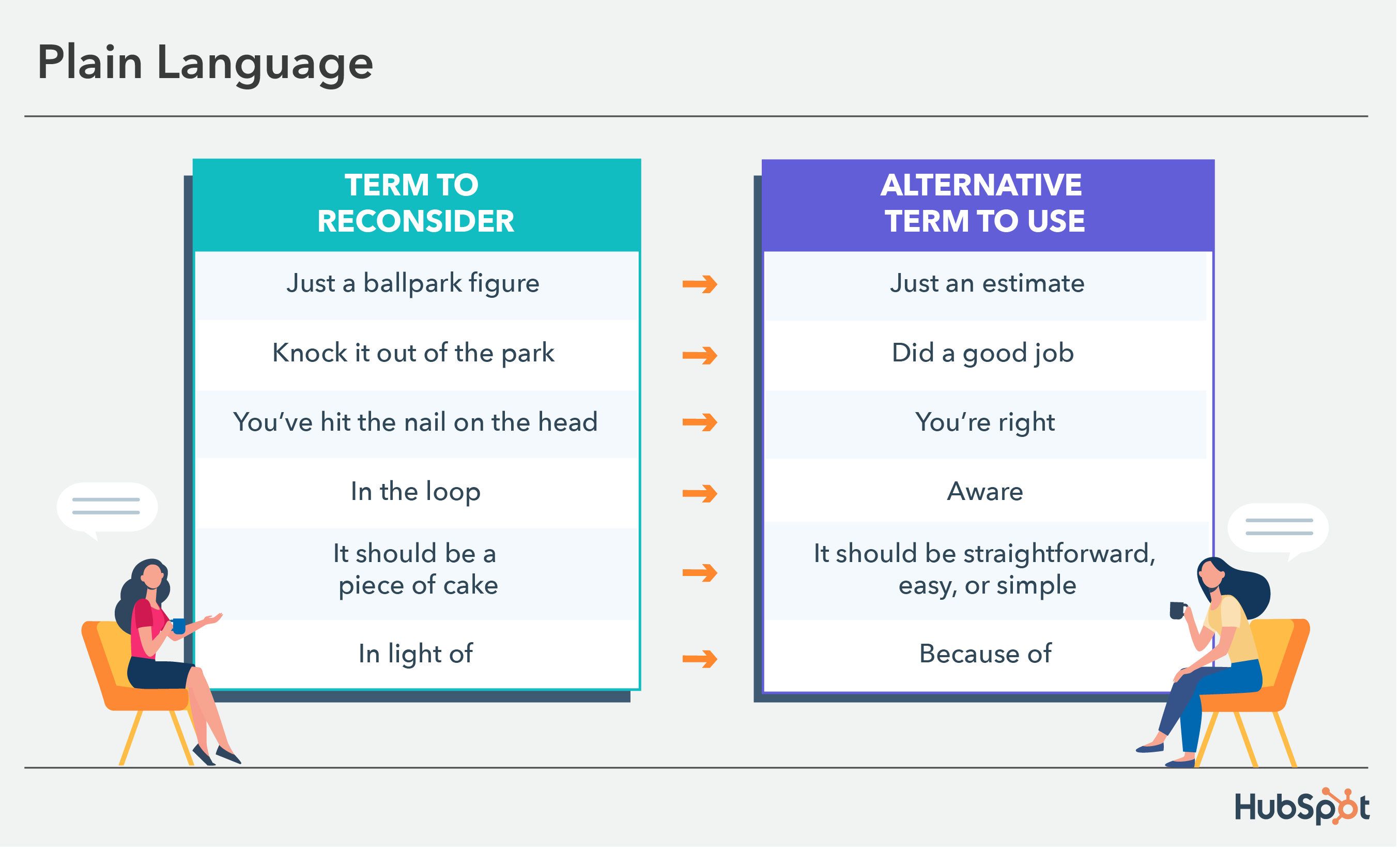- Mastery-based grades are connected to clearly defined learning objectives.
- Mastery-based grades separate academic achievement from behaviors.
- Mastery-based grades are focused on learning progress.
- Addressing Mental Health Challenges in the Classroom (Which was addressed in a blog post a few weeks ago in this blog post)- https://blogs.iu.edu/luddyteach/2023/01/10/the-role-of-faculty-in-student-mental-health-and-announcements/
- Minimizing or Eliminating Stereotype Threat -Stereotype threat refers to the risk of confirming negative stereotypes about an individual’s racial, ethnic, gender, or cultural group which can create high cognitive load and reduce academic focus and performance. The term was coined by the researchers Claude Steele and Joshua Aronson. https://philosophy.rutgers.edu/climate-v2/climate-issues-in-academic-philosophy/stereotype-threat
- Developing a Growth Mindset – In the Article ‘What Having a “Growth Mindset” Actually Means’, Carol Dweck, author of Mindset https://iucat.iu.edu/catalog/17283782, explains “Individuals who believe their talents can be developed (through hardwork, good strategies, andinput from others) have a growth mindset. They tend to achieve more than those with a more fixed mindset (who believe their talents areinnate gifts). This is because they worry less about looking smart and put more energy into learning”.
-
Addressing Classroom Incivilities In this document, compiled by the Center for Research on Teaching and Learning, Hot Moments, or sudden eruptions of tension or conflict in the classrooms are discussed. The document explores how might you handle such a moment. As well as how can you use a hot moment as an opportunity to advance student learning?
Content Includes:
- 1,800 full-text magazines and books
- 720 videos
- 180 full-text hobby profiles
- 13,000 full-text recipes

